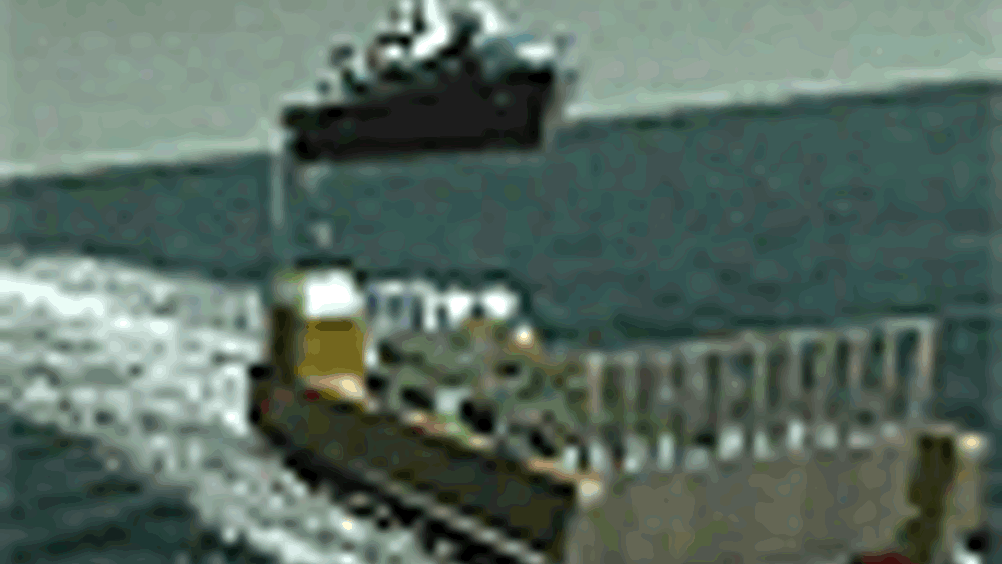PACSCAT contract for Qinetiq
Qinetiq has been awarded a contract to design, construct and carry out test and evaluation trials on a vessel that will support Royal Marine Commandos during amphibious operations.

Qinetiq has been awarded a four-year MOD contract to design, construct and carry out test and evaluation trials on a technology demonstrator vessel. Qinetiq said in a statement that the vessel will be a contender for the next generation of fast landing craft.
The build of the technology demonstrator will be subcontracted to the marine industry through competitive tender. If selected, the high speed Partial Air Cushion Supported CATamaran vessel (PACSCAT) will be used to support future amphibious operations.
Qinetiq says the new generation of fast landing craft will play an integral part in the primary role of the Royal Navy’s new Landing Platform Dock (LPD) vessels, HMS Albion and HMS Bulwark, to support Royal Marine Commandos during amphibious operations. The LPDs will be used to transport, deploy and recover troops and their equipment.
The concept of PACSCAT vessels was developed by John Lewthwaite of Independent Maritime Assessment Associates (IMAA). The technology demonstrator will be built to the same dimensions as the Landing Craft Utility Mk10 currently in use with the UK’s Royal Marines and trials are expected to begin with 11 Amphibious Trials and Training Squadron based at Instow, North Devon in 2008.
Register now to continue reading
Thanks for visiting The Engineer. You’ve now reached your monthly limit of news stories. Register for free to unlock unlimited access to all of our news coverage, as well as premium content including opinion, in-depth features and special reports.
Benefits of registering
-
In-depth insights and coverage of key emerging trends
-
Unrestricted access to special reports throughout the year
-
Daily technology news delivered straight to your inbox










Water Sector Talent Exodus Could Cripple The Sector
Maybe if things are essential for the running of a country and we want to pay a fair price we should be running these utilities on a not for profit...